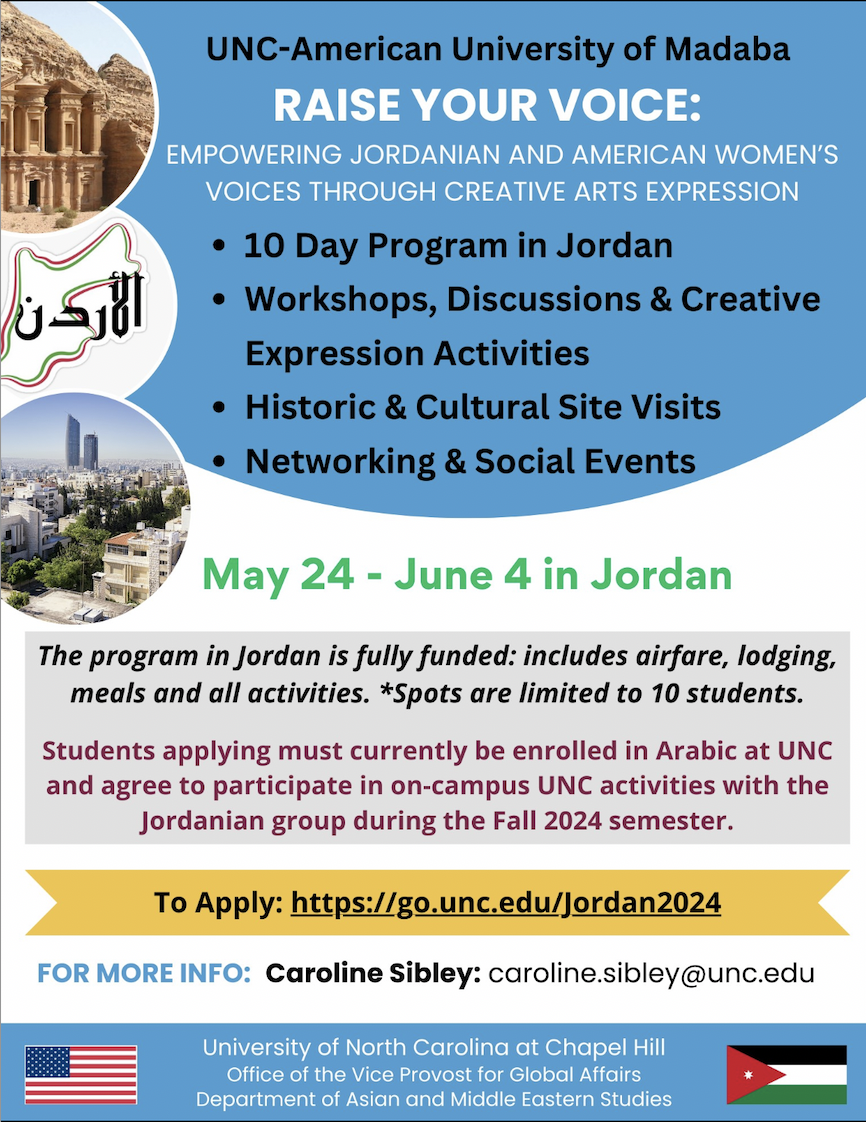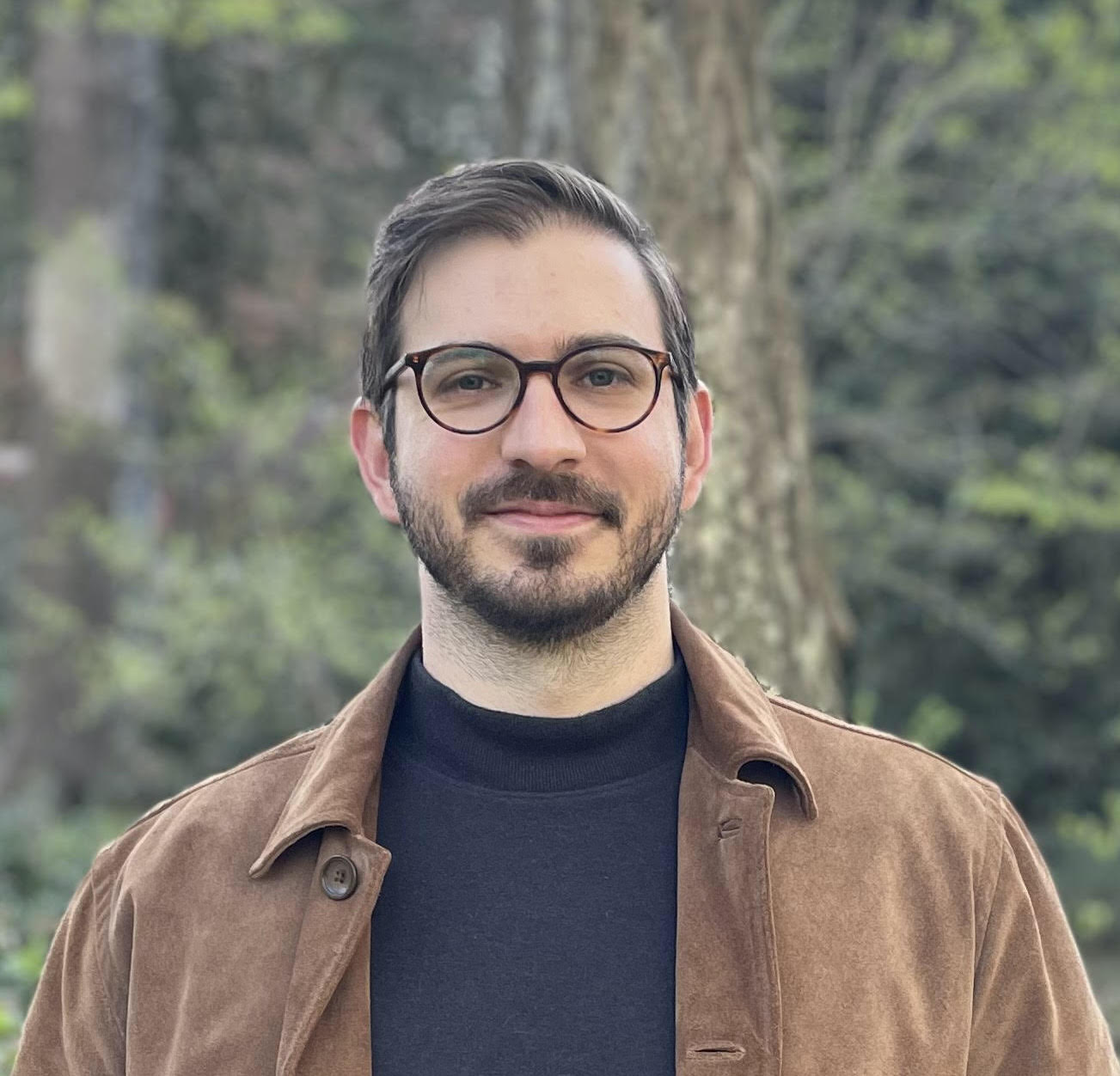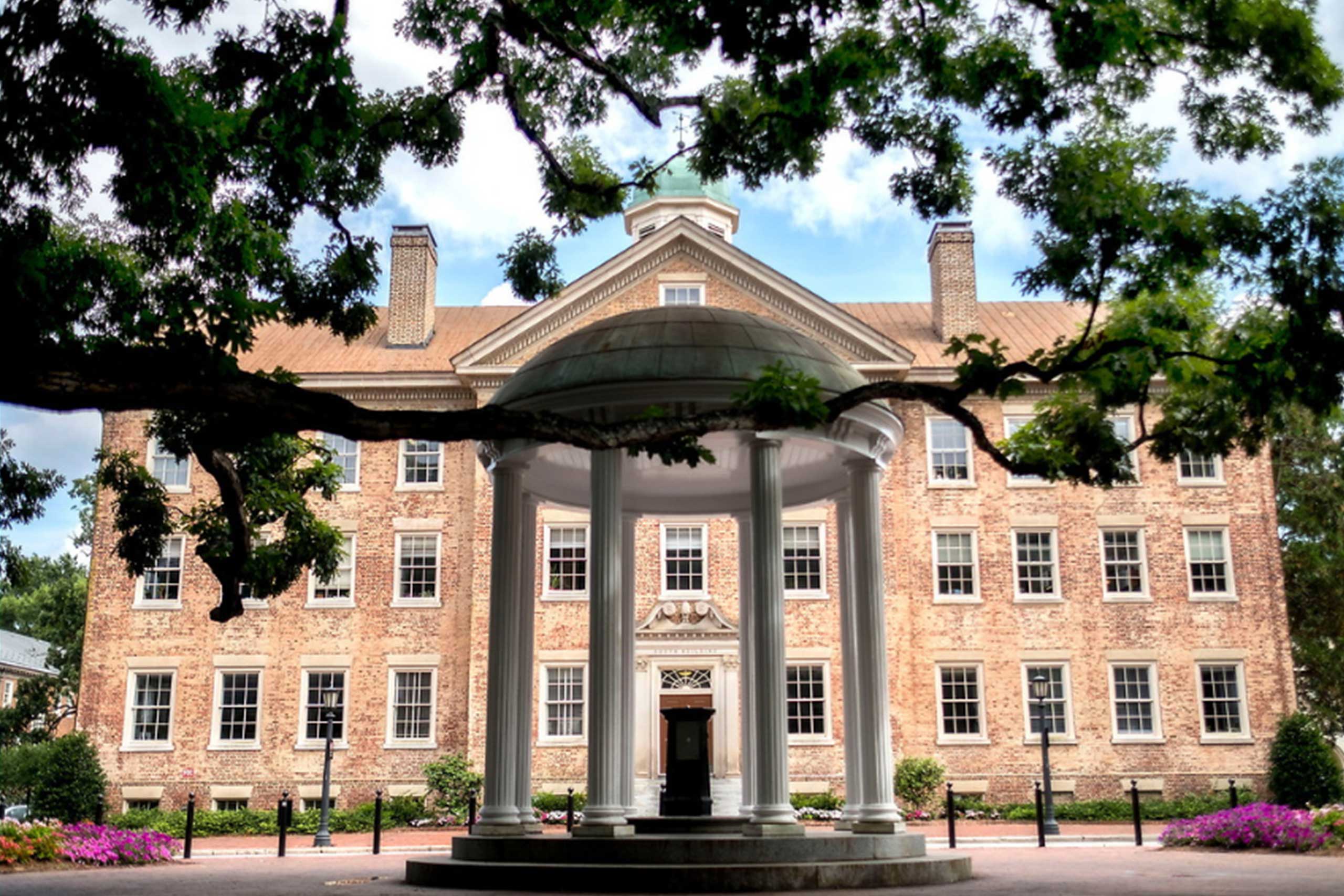 Michael A. Figueroa is an assistant professor of music at the University of North Carolina at Chapel Hill. He is an ethnomusicologist who specializes in music and politics in the modern Middle East and its diasporas.
Michael A. Figueroa is an assistant professor of music at the University of North Carolina at Chapel Hill. He is an ethnomusicologist who specializes in music and politics in the modern Middle East and its diasporas.
The first phase of his career has been rooted in ethnographic and archival research in Israel/Palestine, chiefly in the city of Jerusalem. In his first book (nearing completion), he argues that musical Jerusalem has been central to the formation of Israeli political consciousness. In the book, he shows how Israeli musicians have critically shaped their public’s territorial imagination, dispelling notions that the Israeli-Palestinian crisis is timeless, intractable, and based on static, essential identities. By combining analyses of musical meaning, political discourse, and public performance with ethnographic investigations of urban life in Jerusalem, the study reveals the multiple ways in which Israelis’ territorial fixation on Jerusalem has been constructed, historically contingent, and subject to artistic intervention.
He has recently embarked on a second major project examining popular music and race consciousness in post-9/11 Arab America. He maintains other interests and publication plans related to the study of music and poetry, performance studies, music technology and global popular music, critical theory, and diaspora studies.
Watch the interview here.
Transcript from the video, Conversations at Hickerson House: Michael Figueroa on Popular Music and Race Consciousness in Post-9/11 Arab America
I’m Michael Figueroa. I’m an assistant professor in the department of music and I’m currently associate director for the Carolina Center for Jewish Studies.
Tell us about your ongoing research.
I’ve got two research projects going at the moment. I’m transitioning from one to the other. My first major project looks at the intersection of music, politics and religion in the city of Jerusalem, specifically looking at how musicians have been a part of the Israeli-Palestinian conflict – how they’ve informed public opinions on the meaning of the place of Jerusalem, who should rule it, how they’ve responded to contemporary political developments throughout the long 20th century.
I’ve also looked at the way that sound itself – musical sound – that otherwise informs on-the-ground politics in the city such as the broadcasting of Islamic call to prayer, the ringing of church bells, the Shabbat siren…the way that sound broadcasts the presence of different religious communities in the urban fabric of the city itself and how that dovetails with the sort of political discourse that exists, that hangs over the air of the city.
The various approaches looking at urban space that I’ve employed in Jerusalem has informed my newer research project which looks at Arab American racial formation post-9/11 from a musical perspective. So, it’s a multi-sided project that takes me to multiple U.S. cities such as Chicago, Washington DC, Philadelphia, New York, Los Angeles, Dearborn and Detroit. I look at these pockets of Arab American musicians who operate within, but also between, these various urban sites as they talk about their experiences as Arab Americans. The ways that they’re thinking about identity revolves around notions of external racialization but also connections with the old country, with family, and the way that they use music both as a form of expression but also as a kind of gathering, as an event, to work out these discussions in conversation with one another.
What has been most surprising about what you’ve found so far?
The most surprising thing about this new research for me has been just how important music has been in this in this discursive process over the last two decades or so. I chose music as an entry point because that’s my discipline. I think about music as a point of entry for it every kind of research I do but it turns out it’s actually the primary site for working on ideas about individual identity, about community, how that gets configured along racial lines or otherwise. So, it’s been a very nice surprise to see that my way of looking at things happens to connect very clearly to the way that people on the ground are holding these conversations and it provides me a sort of additional justification to continue using music as a critical point of entry into this much broader issue around Arab American racial identity.
What do you hope to learn in the next stage of your research?
My research has focused on the sort of race question which has emerged, especially since 9/11, in Arab American communities, but I really hope to learn about how that connects to other kinds of identification that concern members of these communities. Using intersectionality, for example, to look at Arab American queerness, for example… to look at other ways that gender and gender relations get configured. How these connections, these identity categories if you will, help people connect with members of other communities. What kinds of racial alliances or solidarities might exist along these intersectional lines. These are all the future directions I see for this research.
What are the next steps in this research?
For me, the next steps are continuing ethnographic fieldwork in a more intensive way. As this is a multi-sided project, I have to get into the field a lot and get into multiple fields to understand how musicians move between, for example, Los Angeles and Dearborn and D.C. or between Chicago and Philadelphia. So being a part of these important conversations in the field is of utmost importance for letting people tell their own stories through my research.
Thank you to the following musicians:
City of Djinn: www.facebook.com/cityofdjinn/
Hello Psychaleppo: facebook.com/hellopsychaleppo/
“Little Syria” Omar Offendum with Ronnie Malley & Thanks, Joey: https://youtu.be/xPLdys6hJ_k
Time is Fire: www.facebook.com/TimeIsTheFire/
Posted from UNC Global






